Taking the first steps towards self sufficiency: Cheese DVD Launch
Speaking at the launch of her new DVD on Home Cheese-making, Elisabeth Fekonia stressed the need for people to take charge of what they eat and start growing their own food.
Addressing a group of locals at the function room of the Cooroy Library she said that she recently had a blood test and her Calcium levels were very high. “Great Calcium from all the Cows milk!” she laughed. Elisabeth eats a lot of her own produce and when you saw the table laid out with the variety of home made dairy produce you realize Elisabeth must be a very busy lady.
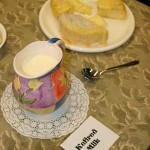
“I don’t have time to go to the gym and workout.” she said, “I get all my exercise from working on my farm. All that milking, bending, weeding keeps you fit.”
“I leave a very light footprint” she laughed. People were encouraged to sample her many dairy products such as kefir, goat cottage cheddar, bries, butter and home-made seeded sourdough bread.
What about getting Cholesterol from eating all that cheese?
Elisabeth doesn’t believe you are in any danger from eating home made cheese and dismisses the idea.
“You get high Cholesterol from processed sugar products.” She says, “Processed Foods and refined oil.”
Certainly looking at her you realize how fit and healthy she looks.
Speaking at the launch of her DVD she said “It takes knowledge and experience to grow your own food.”
“We all know food prices are going up – but I don’t notice it.” she laughed.
She has been involved with Permaculture Noosa since 1995 and has taught her popular cheese-making course up and down the Sunshine Coast for many years. Her companion book to go with the DVD will have more depth and detail but the DVD does cover all the things you need to know to make your own cheese from either goat or cow milk.
She said the climate here on the Sunshine Coast was one of the best to grow all kinds of food and encourage more people to take control of their lives.
“We need to change our culture -from being consumers to being responsible for the food we consume.” she said.

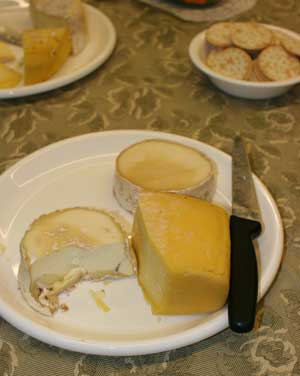





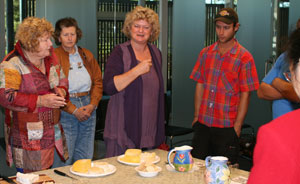
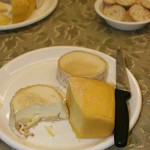
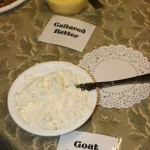
Recent Comments